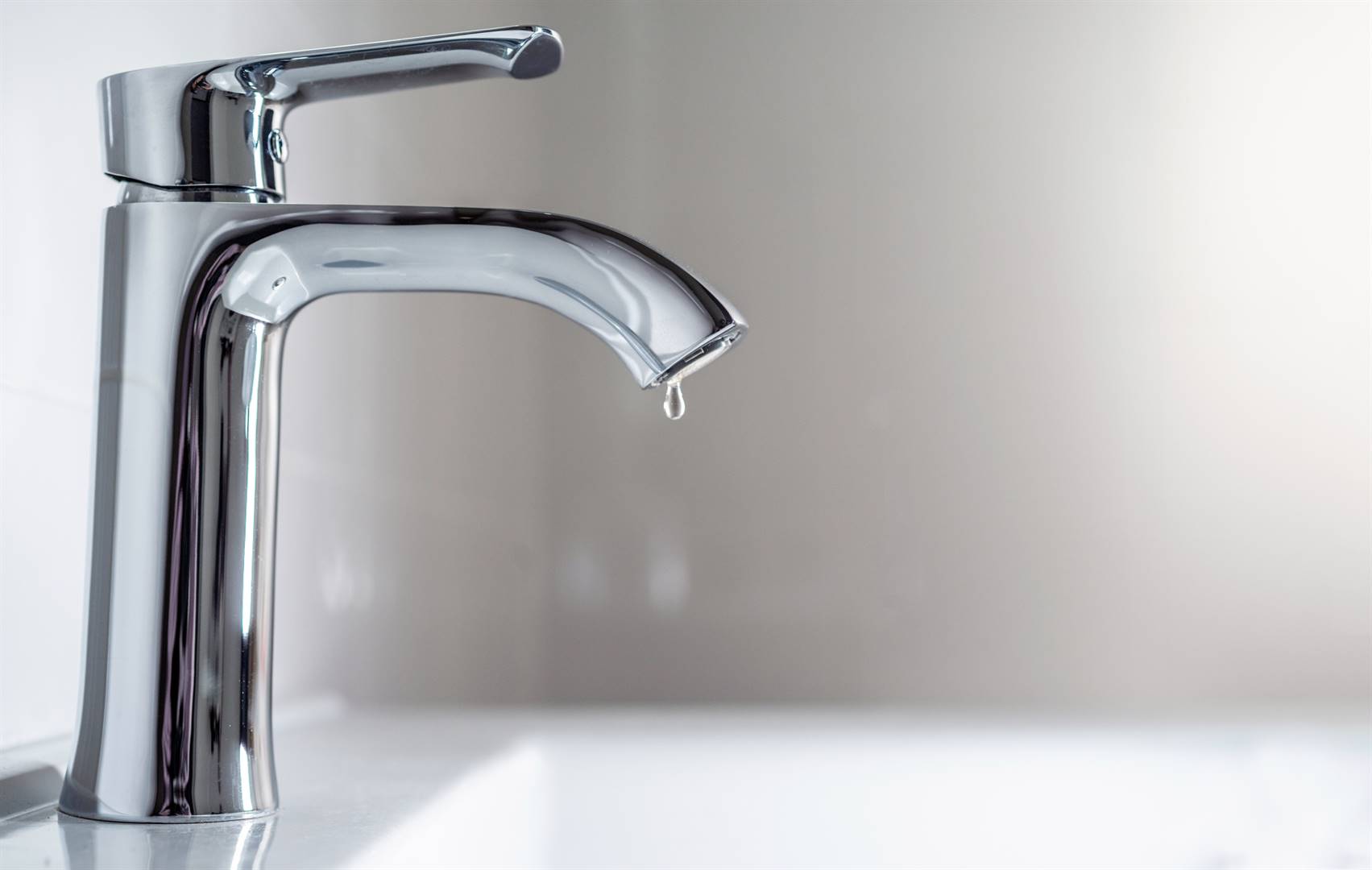
Systems that SA designed that advanced biological processes for nutrient removal from wastewater are used throughout the world. Despite this, the country can no longer boast about being a global leader due to challenges encountered in our sanitation sector, writes Faizal Bux.
Outbreaks of waterborne diseases in South Africa in recent times is unprecedented, as the country was once globally respected in terms of its sanitation systems and potable water quality.
South Africa led the world in designing and constructing advanced biological processes for nutrient removal from wastewater, including the UCT and Johannesburg process, which are still used extensively throughout the world.
At one stage, South Africa and the large metros like the eThekwini Municipality were the envy of the world, winning global awards such as the Stockholm Industry Water Award in 2014 and the International Water Association awards for pragmatic yet innovative approaches in providing water and sanitation services.
Unfortunately, recently, the country cannot boast about being a global leader due to challenges encountered in our sanitation sector with deteriorating water quality.
Dismal state of SA's wastewater treatment plants
With the green drop certification system being re-established in 2021 by the Department of Water and Sanitation, which monitors the performance of wastewater treatment plants nationally, it presented the sad reality of the dismal state of a large percentage of South Africa's wastewater treatment plants.
The audit covered 995 wastewater networks and treatment plants, of which only 23 wastewater systems achieved green drop certification, compared to 60 plants in 2013, during the previous audit. When compared to the 2013 audit, all provinces showed a reduction in green drop performance, although it was marginal in the Western Cape, and 334 wastewater plants were considered as 'critical state.'
The Department of Water and Sanitation, as the regulator, issues directives for remedial action to water services authorities who are responsible for operating the plants in cases where the effluents do not satisfy discharge standards.
It is highly unlikely that in context of the 2021 audit report, these directives are taken seriously by those responsible for operating wastewater treatment plants. Due to the high rate of migration to cities and poor planning, many of these wastewater treatment plants have exceeded their design capacity.
Dysfunctional infrastructure, including poor disinfection capacity due to lack of maintenance, is further compounded by load shedding. Pump stations depending on power do not function, causing sewer overflow into the environment, which is a serious health hazard. This is not an insurmountable problem. It requires collective efforts from skilled practitioners, water service authorities and dedicated resources without interference from any conflicted persons. Allowing these complex engineered systems to fail completely is inconceivable in the current economic climate.
Moreover, once this happens, these plants cannot be easily fixed. This is a clear warning to water service institutions to urgently restore the functionality of wastewater treatment plants or let it slip further into abyss, with dire consequences to the health of citizens and the country's economy. As much as the cause of the cholera outbreak in Hammanskraal, Gauteng has not been confirmed, there is no doubt that there could have been cross-contamination of drinking water with faecal matter.
READ | Anthony Turton: Our slow onset sewage disaster
In this day and age and especially in a modern metro, this should not have happened. Sewage reticulated networks are supposed to be closed systems from the time you flush a toilet to wastewater treatment plants. One of the primary functions of an optimally functioning wastewater treatment plant is the removal of pathogens (disease-causing organisms), which is present in raw sewage.
In addition to Vibrio cholerae, other waterborne pathogens commonly found in raw or poorly treated sewage include E. coli, Salmonella typhi (Typhoid fever), viruses, protozoan parasites and helminths. If the wastewater is not adequately treated, poor-quality final effluent, which does not meet discharge standards, can result in multiple challenges. The effluent can also negatively impact on the receiving environment, such as rivers and dams.
Water treatment plants generally abstract raw water from rivers or dams. However, if the feed water is of poor quality, the performance of the water treatment plants can be compromised, resulting in water that may not satisfy South African National Standards (SANS) 241 potable water quality guidelines. This could ultimately cause an outbreak of diseases.
Negative impact on environment
In addition, due to South Africa being a water-starved country receiving less rainfall than the global average, many water service providers are investigating the potential of using treated wastewater effluent for direct and indirect potable reuse. However, if the wastewater plants are not performing optimally, even advanced water treatment technologies, which depend on good quality feed water, may fail to produce potable water to satisfy SANS 241.
READ | ANALYSIS: SA’s drinking water quality has dropped because of defective infrastructure and neglect
Unfortunately, the latest green drop report confirms that nationally our sanitation system is far from optimal. Recognising the one health approach as an integrated, unifying tactic to balance and optimise the health of people and ecosystems is imperative. Poor performance of wastewater treatment plants has a direct, negative impact on the environment and, ultimately, access to water for human activity.
With the recent release of the 2023 Blue Drop report, which is a regulatory tool used by the Department of Water and Sanitation to audit and improve drinking water quality, it was disappointing to see that when compared to the 2012 Blue Drop report where only 10% of municipalities had bad or poor microbiological water quality, as opposed to 50% in the latest report. This indicates that there has been a deterioration in drinking water quality since the last blue drop report was done. Another key challenge in the water sector is the lack of transparency by water service providers on the magnitude of the problems encountered and realistic timelines as to when remedial measures to fix the problem will be achieved. Effective planning and an efficient communication strategy to keep all stakeholders informed is imperative to help limit the impact on service delivery.
In some areas of the country that are not serviced by sewer networks, including informal settlements, there are non-sewered sanitation technologies available that have been proven to work. Although some metros in South Africa are evaluating these technologies, the uptake by communities and large-scale implementation by water service providers need to be expedited.
The reality is that not all of us may be able to have access to a flushing toilet, and therefore, alternative sanitation technologies must be explored and accepted. Conventional flushing toilets using treated water can be considered a waste of our precious water resource. The current state of wastewater treatment plants in many metros in South Africa requires first fixing what's broken and 'getting back to basics' before exploring new technologies.
Having access to adequate sanitation is a fundamental right for all citizens. As much as sanitation provision has deteriorated in South Africa in the last approximately 15 years, the situation can still be salvaged. This will require dedicated resource provision and strong partnership between government agencies and the private sector.
- Professor Faizal Bux DSI-NRF South African Research Chair: Wastewater Treatment Director: Institute for Water and Wastewater Technology, Durban University of Technology (DUT).
Disclaimer: News24 encourages freedom of speech and the expression of diverse views. The views of columnists published on News24 are therefore their own and do not necessarily represent the views of News24.




 Publications
Publications
 Partners
Partners























